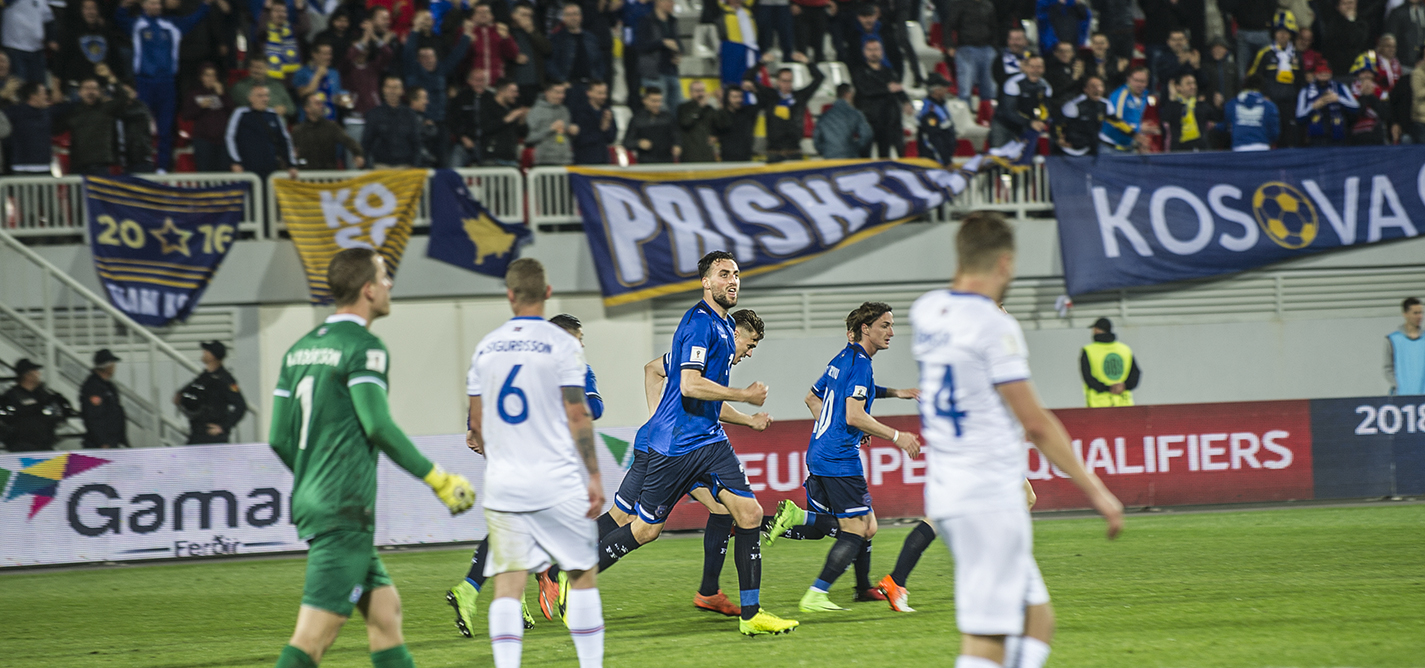
Hope in defeat
Much promise and lessons to learn from Kosovo’s match with Iceland.
|27.03.2017
|
"Kosovo is so close to being a fantastic team."
Kosovo is Kosovo?

Jack Robinson
Jack Robinson is a freelance journalist and a former senior editor at K2.0 (2017-18). He mainly covers the fields of culture and sport.
This story was originally written in English.